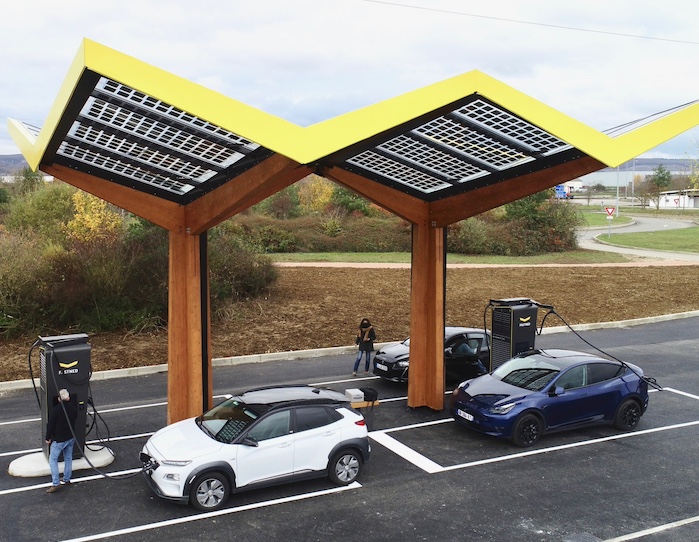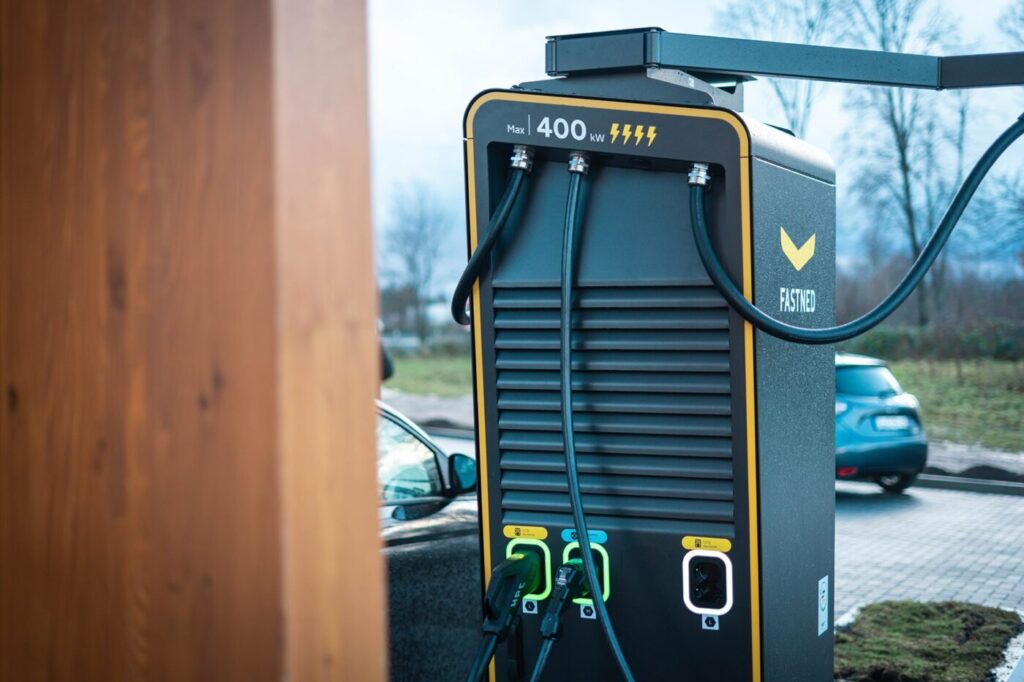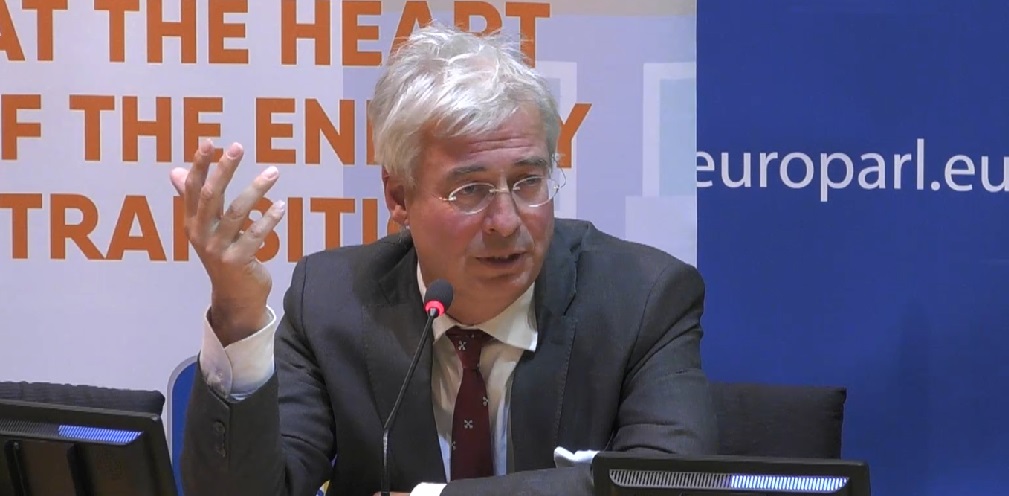There’s no doubt that the installation of charging points is progressing in Europe.
However, infrastructure is often mentioned as one of the factors limiting the adoption of electric vehicles (EVs).
In this regard, Bart Lubbers, Co-Founder and Chairman of Fastned, explains that the main bottleneck for the company concerns locations.
“We need locations to build rapid charging stations, and the way to get them is through tenders,” Lubbers states during the “Harnessing Opportunities in Electric Mobility” event held at the European Parliament.
“It’s very simple for governments: they just need to issue tenders because there are plenty of private companies that want to build hubs to provide energy to EVs and freedom to drivers,” he adds.

It’s worth noting that, a few days ago, Inma Cima, Country Manager of Fastned in Spain, shared with Mobility Portal Europe the other challenges facing the sector.
“This year, we started building stations in September. We can do our part in four months; we don’t need any more time. The rest of the time is spent on permits and approvals,” Cima remarked.
In most European countries, it takes between 12 and 18 months to establish an operational hub, while in Spain this timeframe extends up to 36 months.
Despite these challenges, the company already operates more than 320 stations and nearly 2,000 ultra-rapid charging points across Europe.
From Charging on a Farm to Highways: The Story of Fastned
Fastned is a European company that builds charging stations along motorways and other high-traffic locations.
Its story began 12 years ago, when Bart Lubbers’ father removed the petrol engine from his car to install an electric one.
“It only had alternating current (AC) charging, so he often had to stop to charge at a bar or a farm,” the Founder recalls.
However, the founder saw a news item about a startup at the Technical University of Delft in Amsterdam, which caught his attention.
“They were developing direct current (DC) fast chargers. I approached this company, and they mentioned they were looking for an investor,” he says.
Lubbers didn’t hesitate to make the investment.
“I did it because I found it interesting. But I wondered who would build the network of fast chargers, because if you can’t charge on the road, there’s no freedom,” he notes.
This marked the beginning of Fastned: Lubbers met Michiel Langezaal, now Co-Founder and CEO of the company, who was working at Epyon.
“He also thought we needed locations, and that’s why we founded Fastned, to establish a network of rapid charging stations across Europe in high-traffic locations,” he explains.


How to Save the European Automotive Market?
There is no doubt that to combat climate change, it is essential to transition from fossil fuels to cleaner alternatives or electricity.
But how can this be encouraged?
“We can do it through consumers. A good step would be for taxes to depend entirely on the level of pollution and emissions,” suggests Lubbers.
And how can the European automotive market be saved?
“By encouraging consumers to buy European cars, as the Chinese are doing,” he acknowledges.
He continues, “Adding extra tariffs won’t help, because China is already ahead of us, and they’ll be even further ahead if we slow down the development of electric vehicles. They won’t stop.”
Fastned’s Co-Founder and Chairman highlights the importance of using “every possible means” to stimulate EV demand on the continent to ensure the industry’s “survival.”
“We’ve already lost the market for personal computers and mobile phones. I fear that if we don’t get things right, we’ll lose the car market too,” he laments.








